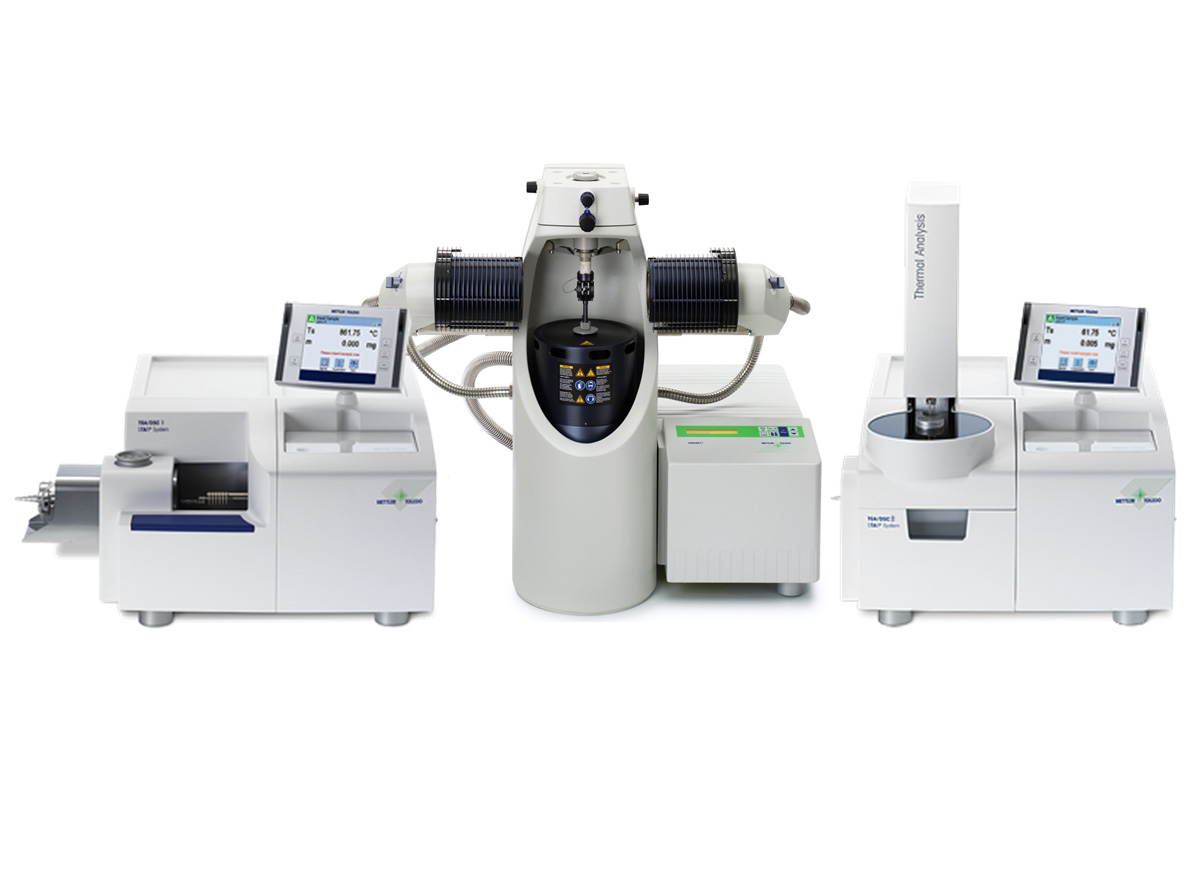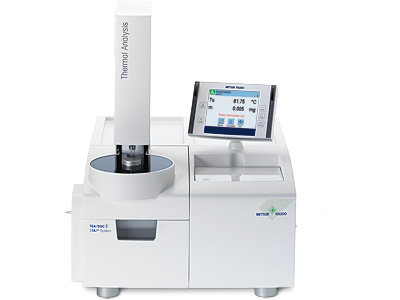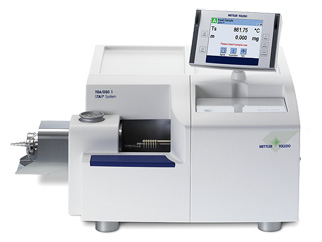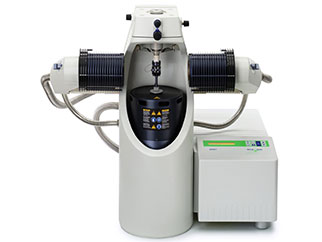Hits: 6216
Thermal Analysis
Hits: 6216

Hits: 6216
Thermal Analysis
(เครื่องมือทดสอบทางความร้อน)
Thermal analysis Excellence instruments allow you to characterize sample materials over a very wide temperature range. Control all the instruments from a single, powerful, easy-to-use software platform. Each instrument configuration has the highest level of performance so you can have complete confidence in your results.

Differential Scanning Calorimetry (DSC)
Differential scanning calorimetry (DSC) measures enthalpy changes in samples due to changes in their physical and chemical properties as a function of temperature or time.
Features and Benefits:
Features and Benefits:
- Amazing sensitivity – for the measurement of weak effects
- Outstanding resolution – allows measurement of rapid changes and close-lying effects
- Efficient automation – most reliable 34-sample position sample robot for high sample throughput
- Small and large sample volumes – for microgram or inhomogeneous samples
- Modular concept – tailor-made solutions for current and future needs
- Flexible calibration and adjustment – guarantees accurate and precise measurement results under all conditions
- Wide temperature range – from –150 °C to 700 °C in one measurement

Thermogravimetry (TGA)
Thermogravimetry (TGA) is a technique that measures the change in weight of a sample as it is heated, cooled or held at constant temperature.
Features and Benefits:
Features and Benefits:
- High resolution – ultra-microgram resolution over the whole measurement range
- Efficient automation – most reliable sample robot for high sample throughput
- Wide measurement range – measure small and large sample masses and volumes
- Broad temperature scale – analyze samples from ambient to 1600 °C
- METTLER TOLEDO ultra-micro balance – rely on the balance technology leader
- DSC heat flow measurement – for simultaneous detection of thermal events
- Gastight cell – ensures a properly defined measurement environment
- Hyphenated techniques – evolved gas analysis using MS and FTIR
- Modular concept – tailor-made solutions for current and future needs

Dynamic mechanical analysis (DMA)
Dynamic mechanical analysis (DMA) is used to measure the mechanical and viscoelastic properties of materials as a function of temperature, time and frequency.
Features and Benefits:
Features and Benefits:
- Dedicated force sensor and unique LVDT positioning for accurate measurement of moduli and tan δ
- Frequency range up to 1000 Hz
- Various deformation modes and measuring systems to accommodate any sample type and material suitable for DMA analysis
- Easy sample preparation using external mounting fixtures
- Traceable temperature calibration with melting point standards using SDTA
- Broad force and displacement range for measurements over stiffness ranges of 7 decades in one run
Contact us
Syntech Innovation Co., Ltd.
388/5 Nuanchan Road, Nuanchan,
Buengkum, Bangkok 10230
388/5 Nuanchan Road, Nuanchan,
Buengkum, Bangkok 10230
0 2363 8585 (auto)
0 2363 8595
081 498 9939

3089919
Today
Yesterday
This Month
All days
877
1549
29627
3089919
Your IP: 216.73.216.80
2026-02-17 09:31





